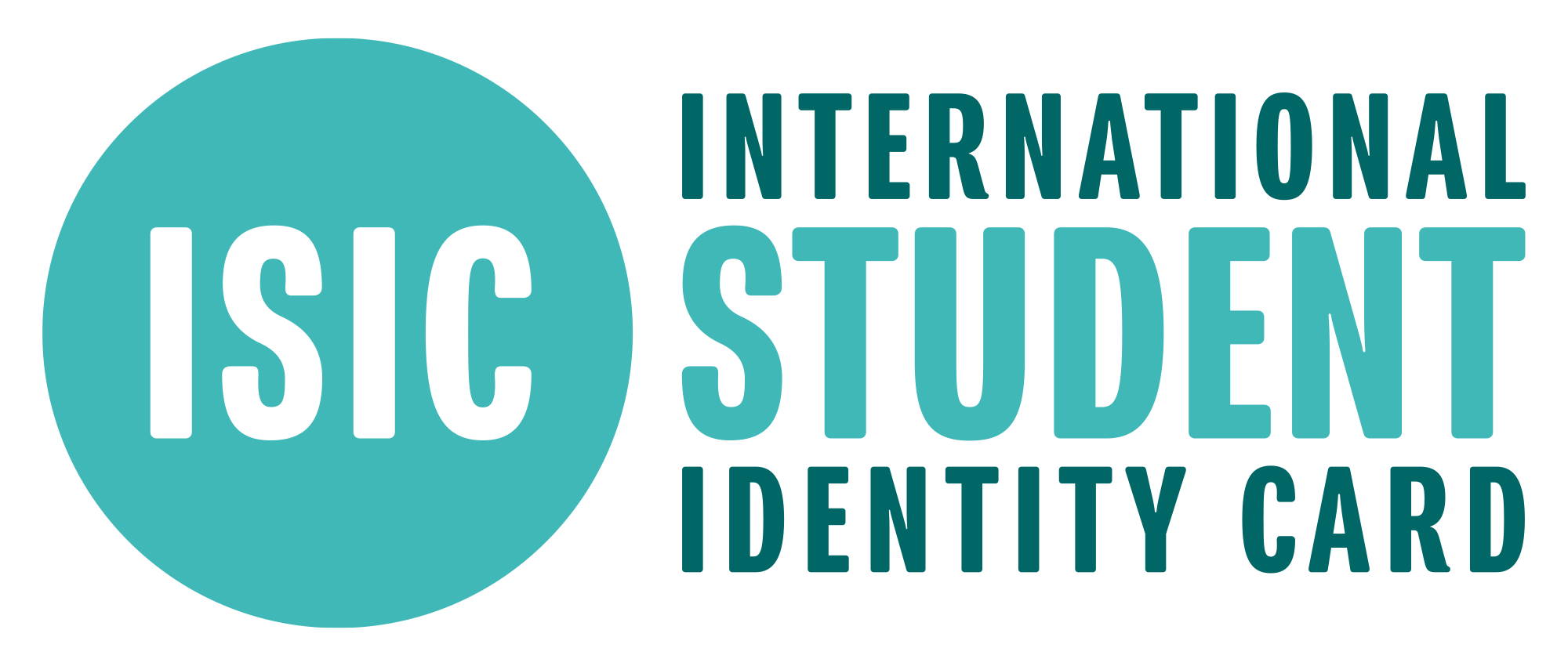
Struggling with an anxiety of speaking a foreign language? Take a note on WordDive's tips!
How to get over anxiety when speaking a foreign language
Do you know the feeling when you try to come up with a reasonable sentence and pronounce it as eloquently as possible, and at the same time your brain is buzzing with grammar rules and your heart is pounding as if you were running a marathon? There seems to be no real reason for experiencing performance anxiety. Even so, this sense of nervousness can stop you from speaking a foreign language.
Henna Paakki (2016) has studied how Finns between the ages of 40 and 62 use English. Difficulties in speaking arise when trying to recall vocabulary and when attempting to use the language appropriately in a specific context. However, problems are often also caused by attitudes and beliefs. It’s typical to fear making mistakes or to be afraid of becoming labelled a foreigner. However, school memories can also cause stress. Language learning in schools is typically very grammar centred and accuracy is emphasized. For many, this has left a sense of fear and shame and the memory of a severe teacher.
Too much emphasis on written language creates the illusion that spoken language should be equally perfect in terms of its grammar and structure. In reality, we pause and make mistakes even when speaking our mother tongue.
WordDive listed 5 tips for how to get over anxiety when speaking a foreign language:
1. Speak, speak and speak
You learn to read by reading and to ride a bike only by cycling!
Speak the language whenever you have the chance, and don’t try to tell others and especially not yourself “Right now is not a good time” or “I’m not prepared enough”. It’s likely that you will never be prepared enough, and sometimes even spontaneous situations can go extremely well because you haven’t stressed about them in advance.
2. Do not pursue perfection
As said, you also make mistakes in your mother tongue, so why strive for perfection in a foreign language? The listener usually also understands an imperfect message. And I bet a native speaker will be flattered that you try to speak their language!
3. Add non-verbal communication
Non-verbal communication takes you surprisingly far, and if you include at least some form of spoken language it might turn out to be rather effective. Smiling is also important, and you shouldn’t take speaking too seriously!
4. Be prepared
For people who don’t like spontaneous situations, getting prepared can be a good way to get over performance anxiety. Just like at school, when you prepared for presentations and oral exams, you can practice conversations by learning the most common phrases. You can even practice discussions in your head or out loud in the foreign language. If you repeat sentences according to a model example, you also learn to pronounce correctly.
Moreover, preparing yourself also helps you to control the conversation. You can guide the discussion to topics that you are ready to talk about.
5. Remember: you are not alone
First and foremost, remember that you’re not the only one who is nervous. Your conversation partner might also be anxious. You can even say out loud that speaking is nerve-racking for you. Lastly, keep in mind that you are not at school anymore. Nobody is going to laugh at you or correct your mistakes with a red pen. And even if someone would laugh, then they’re not worth your time.
Are you heading abroad for exchange studies or an internship? Or do you just need to brush up on your language skills? Take a head start on learning a language with an ISIC student discount! Now you can learn a language in WordDive with a 50% student discount. Students with ISIC get three months of language learning for 19.99 EUR (normally 39.99 EUR).
*This article has been written in collaboration with WordDive.
 Get your ISIC card
NOK 100
Get your ISIC card
NOK 100


